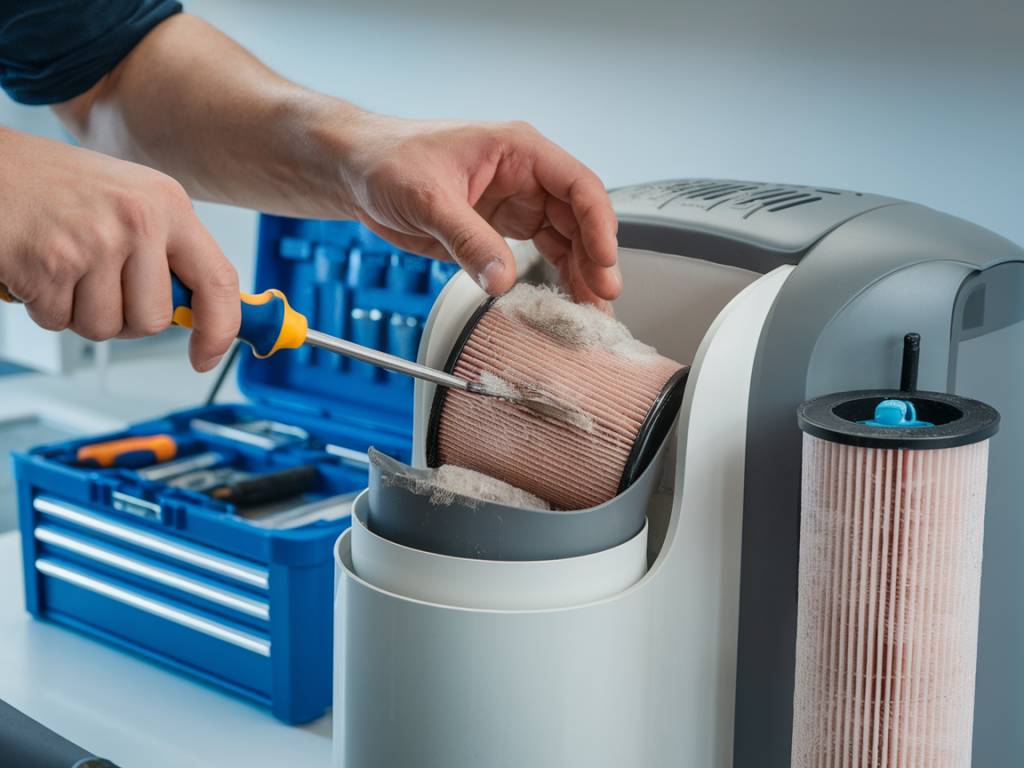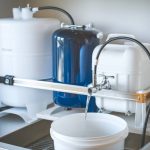Why Proper Maintenance of Your Water Filtration System Matters
Investing in a high-quality water filtration system is a great step toward ensuring clean and safe drinking water. However, simply installing a filter and forgetting about it is not enough. To keep your system running efficiently and prolong its lifespan, regular maintenance is essential. But how exactly can you maintain your filtration system correctly? Let’s dive into the key steps.
Understand Your Water Filtration System
Before discussing maintenance, it’s important to understand what type of water filtration system you have. The maintenance needs will vary depending on whether you use:
- A pitcher filter
- A faucet-mounted filter
- An under-sink system
- A reverse osmosis (RO) system
- A whole-house filtration system
Each system has its own unique components and maintenance requirements, so always consult the manufacturer’s manual for specific instructions.
Regularly Replace the Filters
Filters don’t last forever. Over time, they collect contaminants, minerals, and debris, making them less effective. Most filters have a recommended replacement schedule, such as:
- Pitcher and faucet filters: every 1-3 months
- Under-sink filters: every 6-12 months
- Reverse osmosis membranes: every 2-3 years
- Whole-house sediment filters: every 3-6 months
Ignoring filter replacements can lead to poor water quality, reduced filtration efficiency, and even bacterial growth inside the system.
Clean and Sanitize Your Filtration System
Dirt, bacteria, and mineral deposits can build up in your filtration system over time. To ensure optimal performance, clean the system regularly by:
- Wiping down external surfaces to prevent dust and mold buildup.
- Flushing the system according to the manufacturer’s guidelines.
- Disinfecting parts that come into contact with water, like reservoir tanks and tubing.
For reverse osmosis systems, it’s good practice to sanitize the system at least once a year using a food-grade disinfectant to prevent bacterial contamination.
Check for Leaks and Proper Water Pressure
Even the best filtration system won’t be effective if it’s leaking or operating under the wrong water pressure. Regularly inspect connections, tubing, and seals for any visible leaks. If you notice:
- Reduced water flow—your filter might be clogged and needs replacement.
- Leaking connections—tighten fittings and check for worn-out seals.
- A drop in water pressure—your system might require a filter change or deeper servicing.
Use the Right Water Source
Your filtration system is designed to handle certain water conditions. Using the wrong type of water can clog filters faster and reduce efficiency. If your home has hard water, sediment-heavy water, or well water, you may need pre-filters or water softeners to prevent excessive wear on your filtration system.
Monitor Your Water Quality
Just because your filtration system is running doesn’t mean it’s delivering high-quality water. Regularly test your water for:
- Chlorine levels
- Heavy metal contamination
- pH balance
- Microbial presence
Home water test kits are widely available and can help you ensure that your system is effectively removing contaminants.
Follow Manufacturer Recommendations
Every water filtration system is different. While general maintenance steps apply to most, always refer to the manufacturer’s manual for specific instructions. Some systems may require special cleaning solutions, unique filter replacement methods, or specific handling procedures that only the manufacturer can provide guidance on.
Know When It’s Time for an Upgrade
No filtration system lasts forever. Over time, components wear out, technology improves, and water quality concerns evolve. Here are a few signs it might be time to upgrade your system:
- Your filtered water has an unusual taste or odor.
- Replacement filters don’t seem to improve water quality.
- The system requires frequent repairs.
- Newer filtration technology offers better contamination removal.
Investing in an upgraded filtration system can not only improve water quality but also reduce maintenance efforts in the long run.
Taking Care of Your Water, Every Day
Maintaining your water filtration system doesn’t have to be complicated. With regular filter replacements, routine cleanings, and a watchful eye on water quality, you can ensure that your system continues to provide clean and safe drinking water for years to come. A little effort today can go a long way in protecting your health and well-being.



